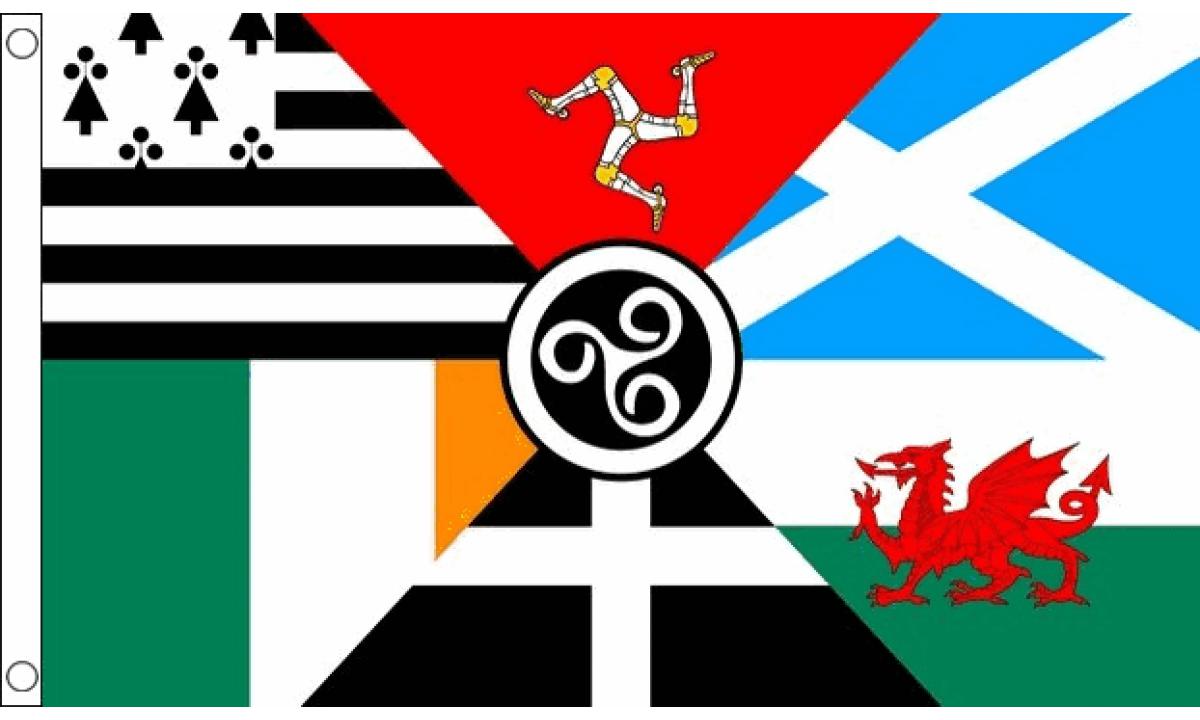Israelite Migrations - Part 1
 THE CELTIC NATIONS
THE CELTIC NATIONS
By Pastor Jim Jester
September 29, 2019
Scripture Reading: Genesis 10:1-5
Currently, the adult Sunday School class of the Fellowship of God’s Covenant People is studying from Dr. Lawrence Blanchard’s “Bible Mastery Boot Camp”. This video training program is based upon his Covenant Heritage Series of books, one of which is Book Two, Identifying Biblical Israel Today.
This lesson will be the first of a series of sermons that will glean some of the information that Dr. Blanchard has provided in Book Two, Section One: “Tracing the Migrations of the Israelites.” We certainly endorse brother Blanchard’s work; and recommend that as many as are able to take full advantage of the “Bible Mastery Boot Camp”.













